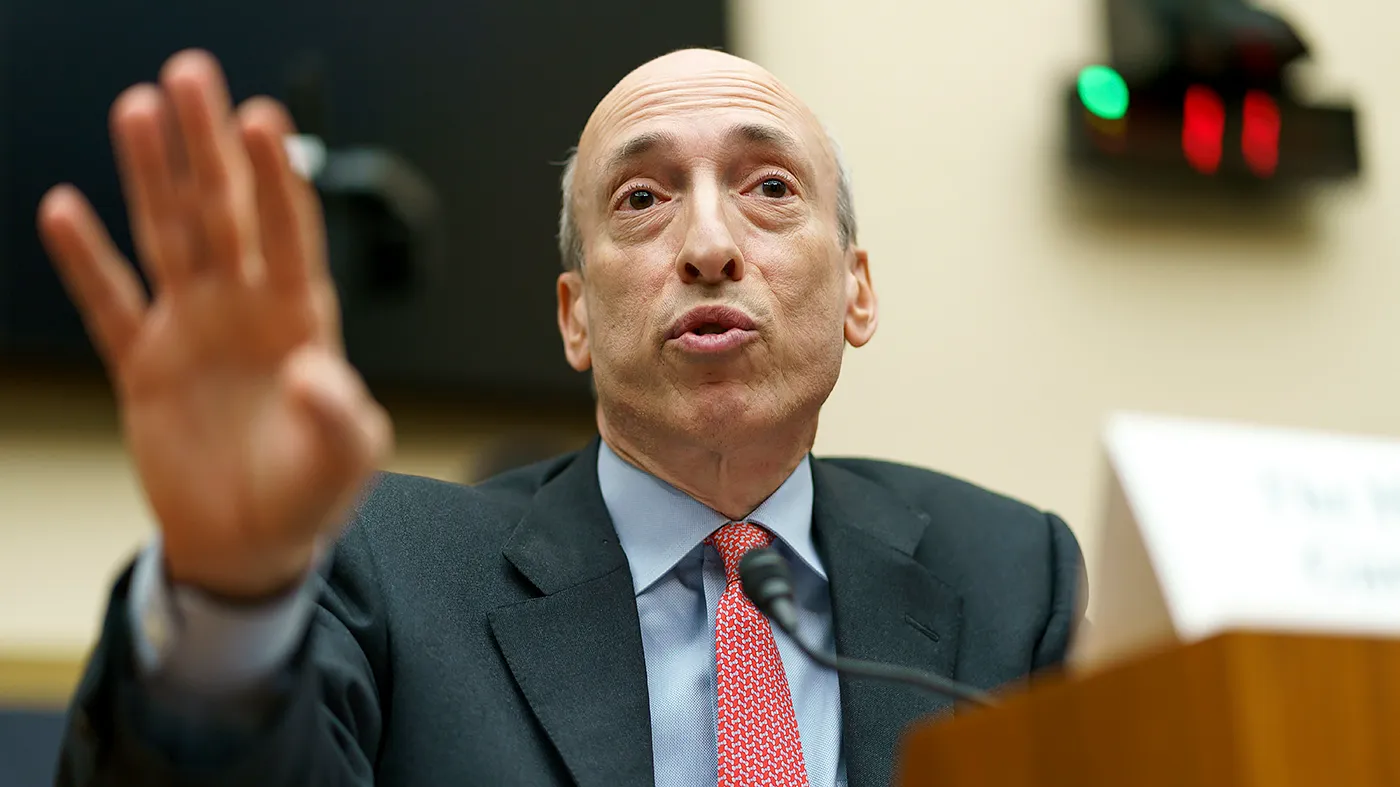The Consumer Financial Protection Bureau (CFPB), a financial regulator in the United States, has finalized its regulations regarding the “Larger Participant” criteria for digital payment platforms. The rule does not include the transmission of crypto assets.
‘Larger Participant’ Rule
The final rule will continue to apply to digital wallets like Apple Pay and centralized “peer-to-peer” payment services, as it exclusively regulates transactions denominated in US dollars. The government agency composed the following:
“The Final Rule limits the definition of ‘annual covered consumer payment transaction volume’ to transactions denominated in U.S. dollars. With this clarification, and a corresponding edit to paragraph (b)(3)(i), the larger-participant test in this Final Rule excludes transfers of digital assets — including crypto-assets such as Bitcoin and stablecoins.”
The CFPB’s initial iteration of the rule, which encompassed digital asset transactions, was successfully resisted by industry participants, including research-based investment firm Paradigm and pro-crypto nonprofit organizations.

The CFPB concentrates on Digital Payment Services
In September 2023, the Consumer Financial Protection Bureau (CFPB) initiated an emphasis on digital payment services, including Venmo, Apple Pay, and Google Pay. The agency cited the potential monopolistic concerns of Big Tech firms driving out smaller companies in the space at the time.
Rohit Chopra, the director of the Consumer Financial Protection Bureau (CFPB), also identified the monetization of consumer data that these corporations had access to as an additional area of concern at that time.
The CFPB proposed the supervision of crypto wallet providers in response to the initial announcement. Nevertheless, lawmakers and the crypto industry opposed the oversight extension.
In January 2024, US legislators wrote to the CFPB to express their opposition to the rule, citing its potential impact on cryptocurrencies. “Peer-to-peer transactions through’self-hosted wallets’ are a fundamental element of the digital asset ecosystem, as they eliminate third-party risk,” the lawmakers stated.
The CFPB appeared to redouble its efforts in April 2024 by targeting blockchain video games, despite the opposition, as a result of the ability of in-game asset tokens to trade on electronic exchanges outside of the gaming ecosystem.



